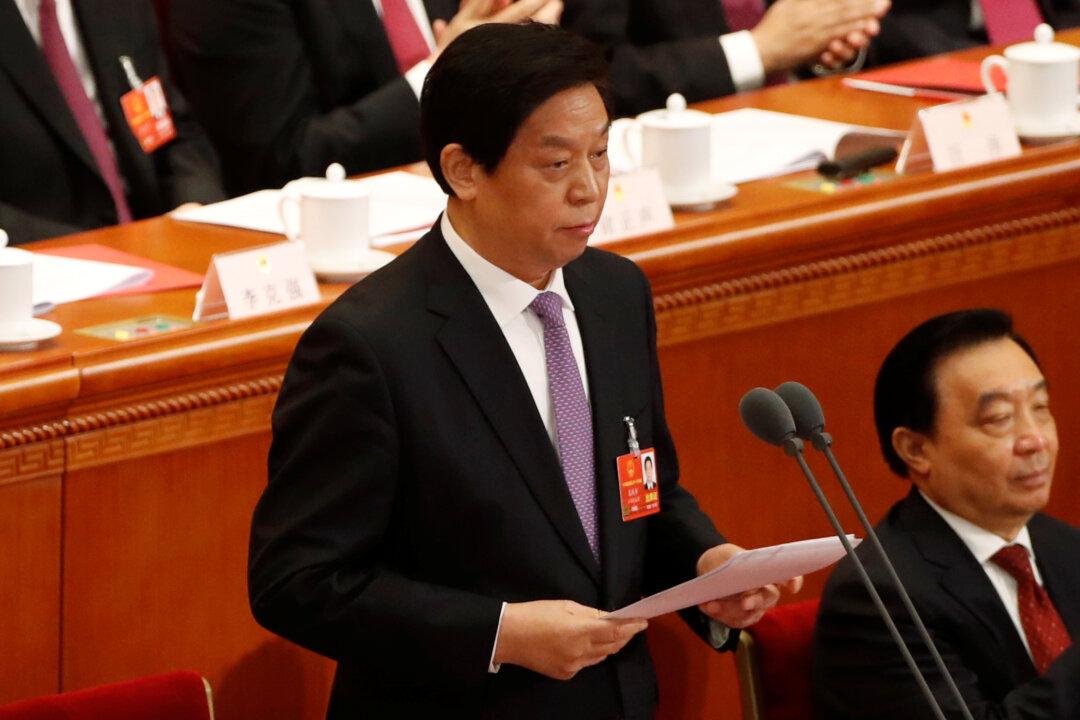News Analysis
A top Chinese official has expressed support for Russia’s war in Ukraine during his visit to Moscow, apparently believing it was a closed-door meeting. But the Kremlin released the footage to make his remarks known to the entire world.

A top Chinese official has expressed support for Russia’s war in Ukraine during his visit to Moscow, apparently believing it was a closed-door meeting. But the Kremlin released the footage to make his remarks known to the entire world.